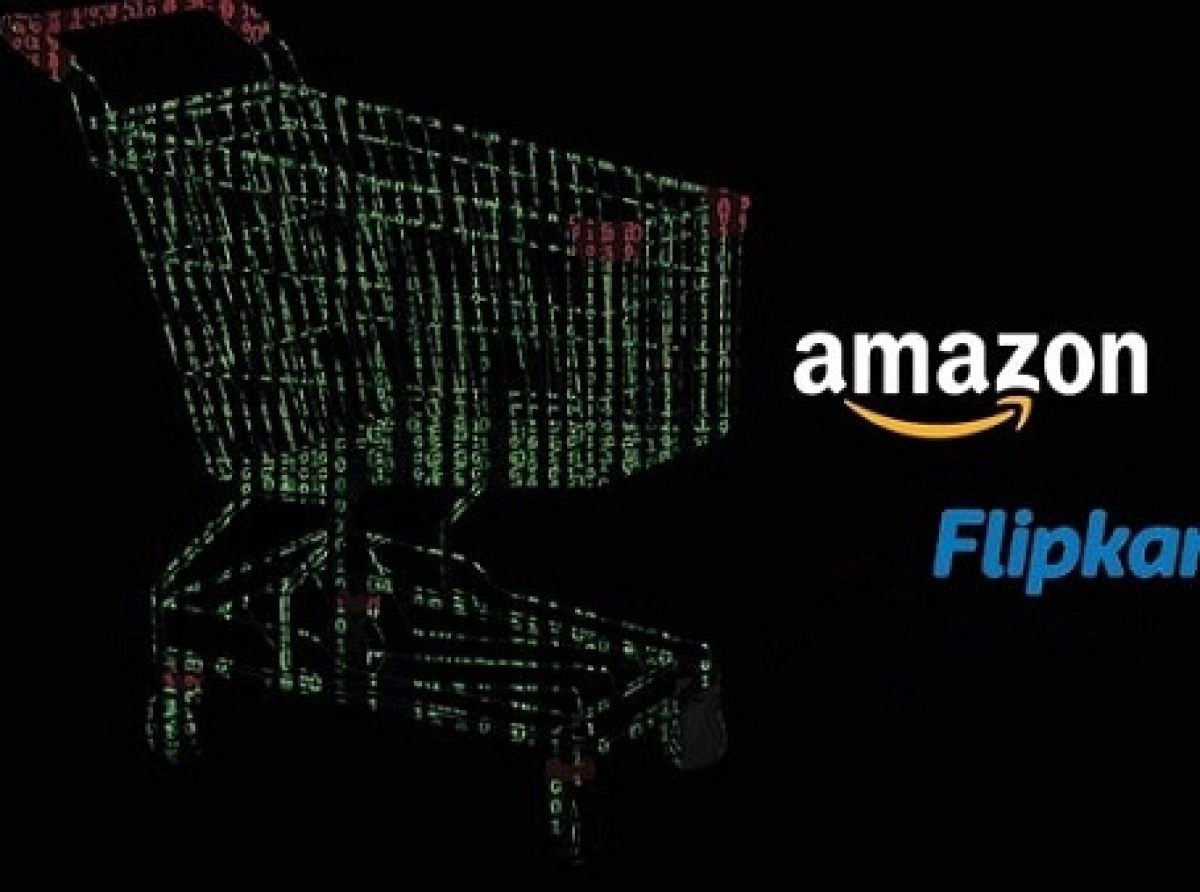Retail biggies team up to end Amazon-Flipkart dominance in Indian e-commerce

01 February 2022, Mumbai:
Showing their solidarity with small sellers in India, Reliance Industries recently urged the Union government to introduce stricter norms to treat small sellers indiscriminately against e-commerce biggies Amazon and Flipkart.
For years, global e-commerce marketplaces Amazon and Walmart have been discriminating against smaller players by onboarding sellers with larger market share on their platforms.
To discontinue this practice, the government passed a regulation in 2016 disallowing any seller from having more than 25 per cent sales on an ecommerce platform.

Government steps up norms to end foreign dominance
In 2019, the government had passed a law disallowing ecommerce platforms from owning significant stakes in seller firms.
This led to Amazon reducing its stake in Prione, the parent of Cloudtail to 24 per cent. In 2021, the American e-commerce company acquired a few shares of Catamaran Ventures, which owns a 51 per cent stake in Prione.

If Amazon acquires Catamaran completely, it would automatically own 100 per cent of Prione. However, according to new government regulations, global marketplaces cannot own stakes in seller companies.
They are confronted by domestic retailers including Reliance and Tata. Currently, Amazon and Walmart own 90 per cent of the Indian e-commerce market. This kind of market share is not available to them even in their home country. The e-commerce markets of most countries are dominated by domestic retailers.
Hence, Indian conglomerates are desperately trying to reduce the share of American retailers. Their argument about giving sellers a level-playing ground is actually an excuse to oust global biggies from the domestic market, points out a leading consulting company.

Stricter norms for foreign e-commerce companies
Policymakers too are helping protect Indian e-commerce market by introducing stricter norms for foreign companies. They have debarred MNC companies from retailers their own brands on marketplace.
However, Amazon and Flipkart continue to hold stakes in certain home care, personal care and other brand categories. These brands have not yet been identified by regulatory bodies, says retail expert.
Amazon and Walmart have also picked up stake in various Indian companies through their investment arms. For instance, Flipkart owns a minority stake in Aditya Birla Fashion while Amazon holds a share grocery retail chain, More and Future Group.
Network to standardize onboarding on retailers
To deal with these discrepancies, the department for promotion of industry and internal trade (DPIIT) is building an open network for digital commerce (ONDC). The network aims to not just curb digital monopolies but also standardize the onboarding of retailers on ecommerce sites.
Recently, many direct-to-consumer brands decided to quit Amazon and Walmart marketplaces as their brands were not being given fair treatment.
Many of these brands complained about the higher transactions fees on the platform to ensure brand visibility and customer interaction on the platforms.
They had to pay 40 per cent commission to sell their products on the platform besides incurring advertising costs. Though, many of these brands have shifted focus to D2C market, they may not be able survive due to dominance of Amazon and Flipkart in the Indian e-commerce market.
Hence, retail biggies like Reliance and Tata Group are using lack of level playing field as a pretext to oust Amazon and Flipkart, as per a retail industry expert.
How they succeed in their venture and how Amazon and Flipkart hold ground against Indian competitors, needs to be seen.
Follow us on Linkedin & Youtube.
Subscribe to our newsletter.
Powered by:

























